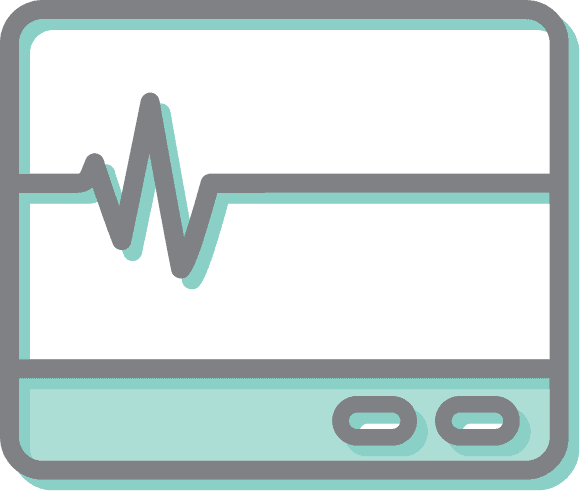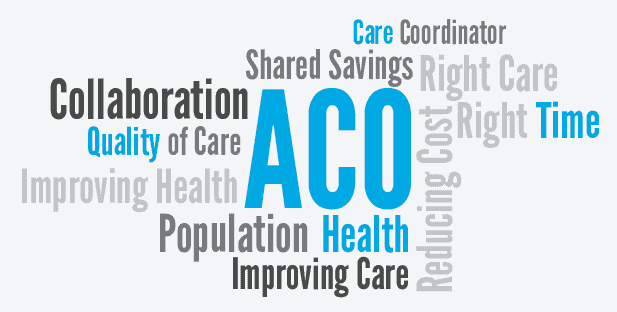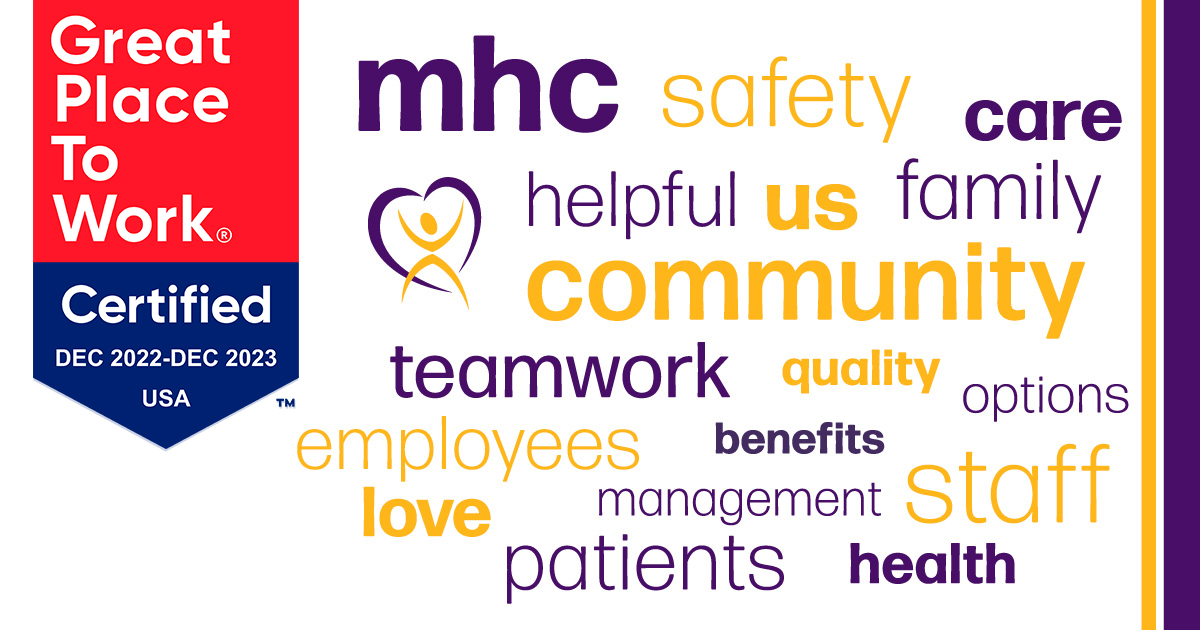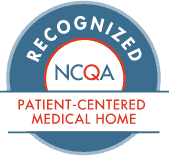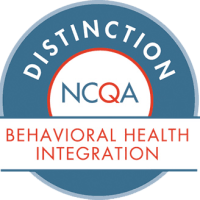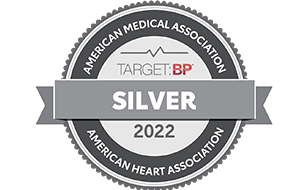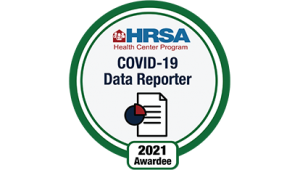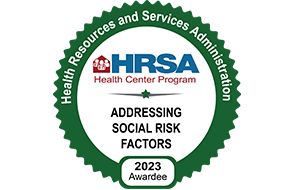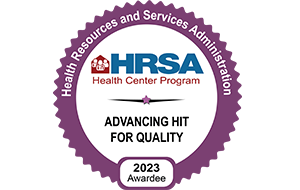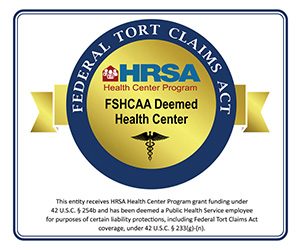
Childhood vaccines are the best way to prevent the spread of infectious disease. Vaccines defend us against disease by working with our bodies’ immune system. The American Academy of Pediatrics recommends that children get combination vaccines rather than single vaccines whenever possible. Many diseases that were once prevalent are now at the lowest levels in decades because of the community protection vaccination offers.
Immunizations (vaccines) use a small amount of a killed or weakened germ to stimulate the immune system to react as if it were fighting a real infection. The body builds up immunities to the infection and then can fight off the real germ if it enters the body later.
There are a few different types of commonly offered vaccines; weakened or attenuated vaccines use live viruses such as the MMR (measles, mumps and rubella) vaccine. Inactivated vaccines use killed viruses or bacteria. Toxoid vaccines contain toxins produced by the bacteria, such as diphtheria and tetanus vaccines. Conjugate vaccines such as Hib contain parts of bacteria combined with proteins.
Some vaccines may cause mild reactions such as soreness or a low fever. Serious reactions to vaccines are rare and the risk of reaction is very low compared to the health risks of catching the diseases that vaccines prevent.
Vaccine preventable diseases are still around us. They can be highly contagious and cause permanent disability or death. At MHC Healthcare, we encourage families to come in for all vaccinations timely and as recommended.
For more information, call (520) 682-4111


